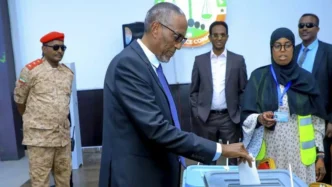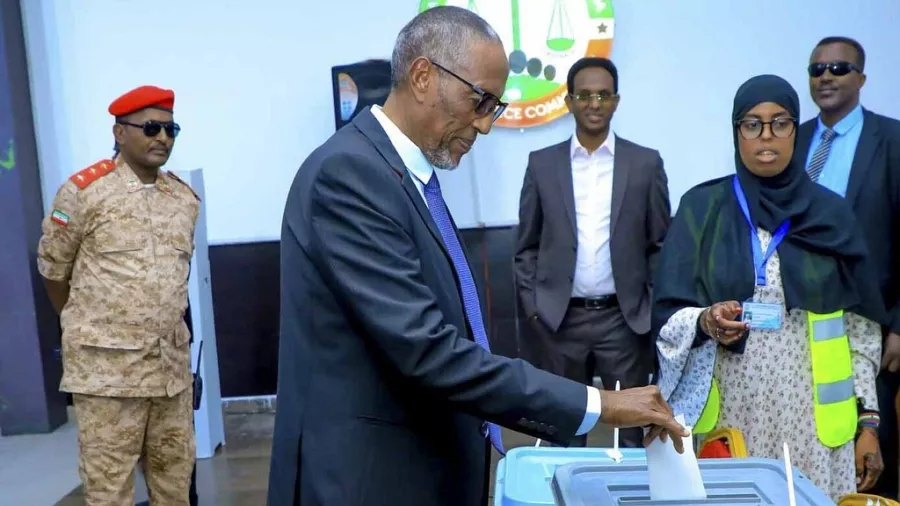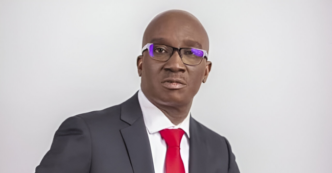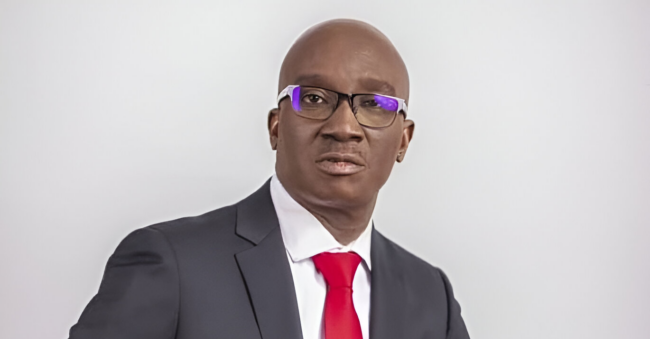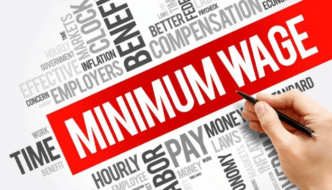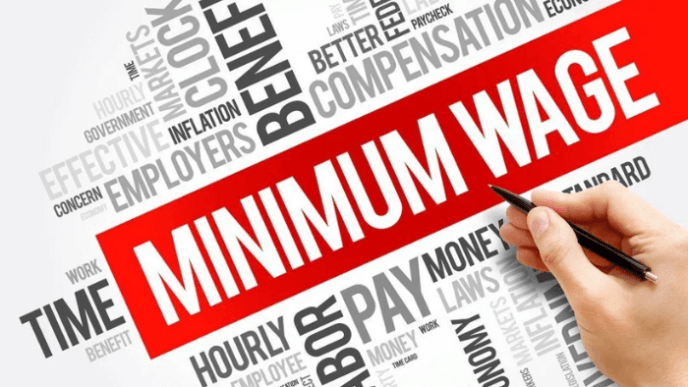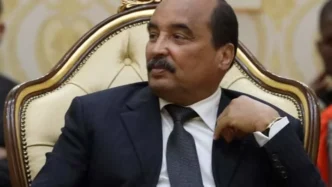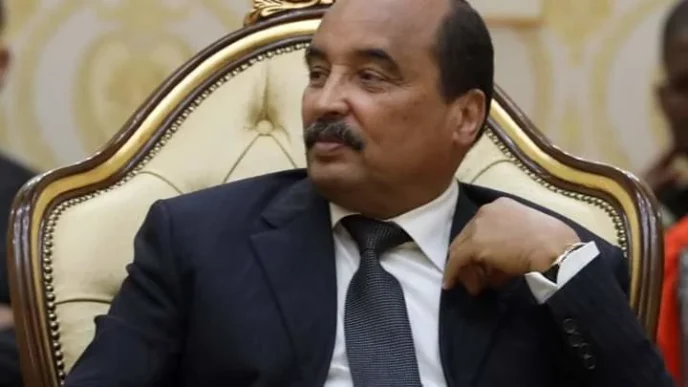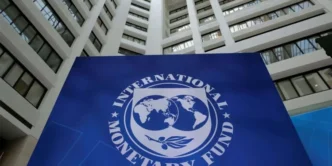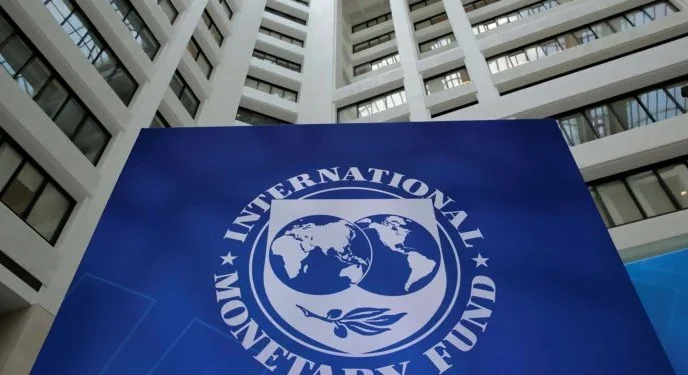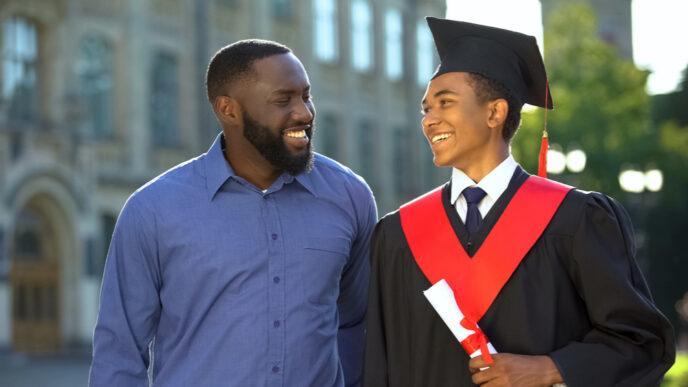In Somaliland, a region with three decades of self-rule, millions of voters are casting their ballots in a presidential election that could bring it closer to global recognition. For Somaliland, which declared independence from Somalia in 1991, formal recognition would open doors to international finance, greater global mobility, and stability for its population of six million.
This election comes amid optimism surrounding a deal Somaliland signed with Ethiopia in January, which proposes granting Ethiopia access to Somaliland’s coast in exchange for diplomatic recognition. “Regardless of the election outcome, we are committed to finalizing this deal,” said Mohamed A. Mohamoud, Somaliland’s representative to Kenya. Both candidates—incumbent President Muse Bihi Abdi, in office since 2017, and opposition candidate Abdirahman Cirro—support the deal, which could shape the region’s political landscape significantly.
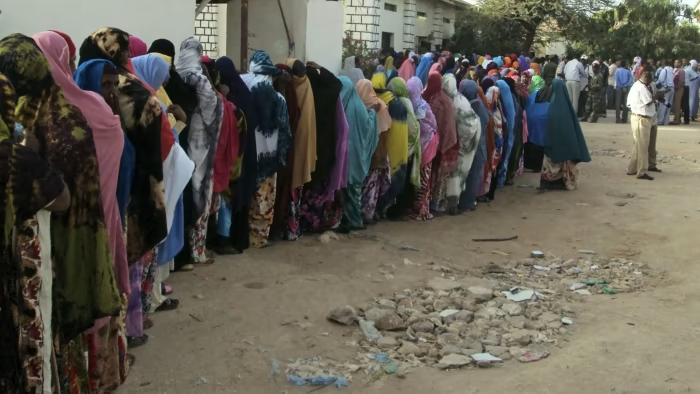
While this arrangement has strained Somalia’s relations with Ethiopia, it has also strengthened Somalia’s ties with Ethiopia’s historical adversaries, Egypt and Eritrea. As Somaliland’s government continues diplomatic efforts, there’s optimism that the incoming Trump administration in the U.S. might shift Washington’s stance on Somaliland’s sovereignty. Several former U.S. officials with experience in African policy have even publicly supported Somaliland’s aspirations for recognition.
Somaliland, which has maintained relative stability and democracy since its independence declaration, sees this vote as proof of its democratic strength. As Mohamoud noted, “We are hopeful that new American policies will support our cause.”
After years of autonomy, will this election and new diplomatic moves help Somaliland gain the global standing it seeks?
